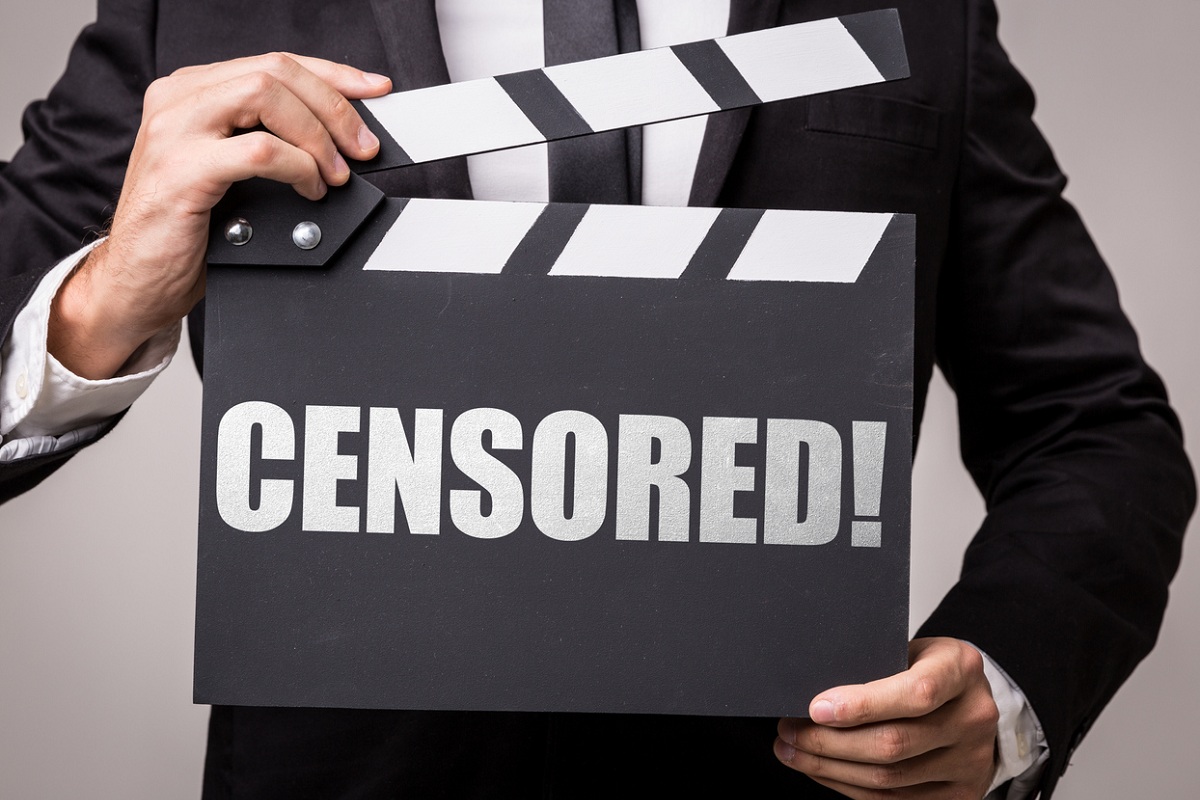It is a truism that an authoritarian streak runs through those in power irrespective of the nature of the governing system. In India and other democracies, however, that is mitigated to an extent by the Constitutional scheme of things and the institutions in place peopled by those elected to govern on the basis of universal adult franchise.
Not so in China. That is the crucial difference, despite some obvious common and valid concerns around freedom of expression, between the recent decision of the Indian government to abolish the Film Certification Appellate Tribunal (FCAT), and the China-controlled Hong Kong government’s announcement a couple of days ago that it plans to introduce an amendment Bill on film censorship in the territory’s Legislative Council (LegCo) next month to ward off what it terms “national security risks”.
To illustrate the point, the abolition of FCAT ~ the place disgruntled filmmakers walked into as a penultimate resort to challenge changes to their films recommended by the Central Board of Film Certification (CBFC) ~ was not only met by a wave of criticism with filmmakers questioning the necessity of such a move but has now forced the government to consider re-establishing it.
Also, the ordinance which scrapped the FCAT was, the government was at pains to argue at the time, part of a larger effort to streamline the functioning of the numerous tribunals in the country that had “not been functioning well” given their administration was dependent on a nodal agency that was a ministry of the government, vacancies were unfilled, and recruiting competent presiding officers was an issue.
The Hong Kong Film Censorship (Amendment) Bill 2021 which will be gazetted on Friday and is expected to be tabled in the LegCo on 1 September for first and second readings, on the other hand, has no such pretentions. In a statement issued on Tuesday, the Hong Kong government set out unambiguously that the legislation aims to enhance film censorship to ensure the effective safeguarding of national security as required by the National Security Law for Hong Kong which was implemented in the Asian financial hub a year ago.
The Bill, which was approved by the Chief Executive in Council on Tuesday, “aims to prevent and suppress acts or activities that may endanger national security”. According to Chinese media reports, it has been specifically written into the proposed law that a censor would need to consider whether the exhibition of a film would be contrary to the interests of national security so as to provide clear statutory backing for a censor to give due consideration to such security when making a decision.
In fact, the Bill gives the administration the right to direct the Film Censorship Authority to revoke any approval/ exemption if a film doesn’t comply with the rules and stipulates a threeyear prison sentence and fine of HK$1 million for those violating the law. The fruit of freedom of expression hangs far too high on the tree of democracy for Chinese citizens to pluck.










